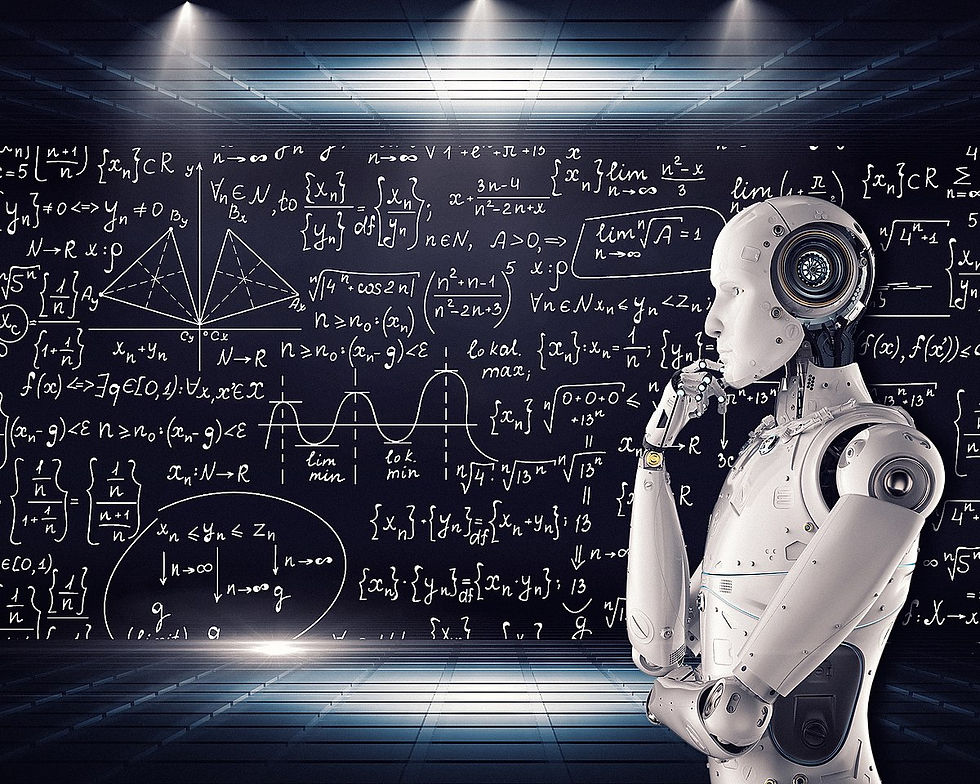Rise Of AI In Music
- Aaroh Nanoti
- Sep 8, 2023
- 2 min read
Katy, TX
Artificial intelligence (AI) technology has made incredible strides in recent years, permeating many facets of our life. Discussions about the eventual replacement of human vocalists have surfaced in light of AI's integration into the music industry. We will look at the pros and cons of AI-generated music in this blog article, as well as whether or not it could actually take the place of the distinctive features and emotional depth that singers bring to their trade.
In the music business, AI has advanced significantly, especially in terms of songwriting and production. Artificial intelligence (AI) models can scan enormous amounts of musical data, spot trends, and create original songs in a variety of musical genres thanks to machine learning algorithms and deep neural networks. Companies like OpenAI have produced AI models that can create lyrics, harmonies, and melodies that closely mimic music composed by humans.

AI-generated music can process and modify enormous volumes of musical data at extraordinary speeds, which is one of its main advantages. The styles of well-known composers can be mimicked by AI models, which draw inspiration from large music libraries, and diverse genres can be combined to produce original compositions. Due to its versatility, AI is able to create music that appeals to a wide range of musical preferences and audiences. AI-generated music also displays consistency. AI algorithms can continuously create excellent compositions because they are unaffected by things like weariness, emotion, or outside distractions. Additionally, AI can produce music that is customised for particular moods, places, or purposes, making it a useful tool for game designers, filmmakers, and other content producers who need creative music instantly.
AI-generated music still has limitations despite great developments. Replicating the special human traits that make singing attractive is a difficult task. Singers have the power to touch listeners' hearts and souls by evoking strong emotions and incorporating personal experiences. While AI is capable of mimicking melodies and harmonies, it frequently falls short of accurately capturing the subtleties of human expression and the unadulterated authenticity that singers bring to their performances.

Despite the advantages of AI-generated music, it is quite improbable that human singers will ever entirely be replaced by AI. Singing is a profoundly human activity that includes narrative, individual interpretation, and emotional connection. Singers have the capacity to share distinctive viewpoints, channel personal experiences, and profoundly affect audiences—abilities that AI algorithms struggle to match. However, it is important to note that AI can improve the process of making music and complement singers' abilities. In terms of composition, arrangement, and production, AI technologies can be a great help, allowing singers to explore new musical horizons, try out various aesthetics, and hone their art. Human singers and AI technology working together could provide a synergy that enhances the music business rather than displaces it.
The music industry has undergone a transformation thanks to artificial intelligence, which has opened up new avenues for musical composition and production. Even while AI-generated music has advantages, singers' performances still have distinctive traits, emotional heft, and a personal connection that contribute to the overall human experience of music. AI and singer collaboration will advance musical innovation and originality.



Comentarios